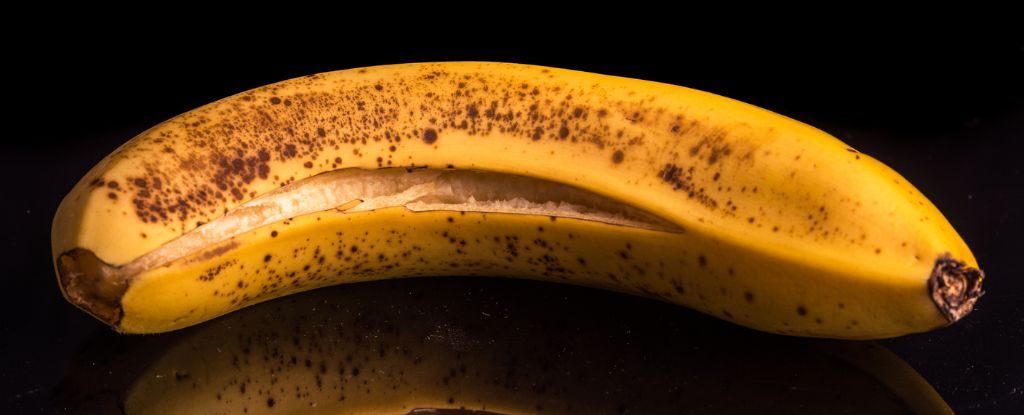Every time you peel a banana and dispose of the skin, you’re throwing away a tasty, nutritious snack.
In fact, a study last year found that if banana peels are blanched, dried, and ground into a flour, they can be turned into baked goods that taste just as nice, if not better than wheat-based products.
Unless you’re a devoted reader of vegan cooking blogs or a Nigella Lawson fan, you’ve probably never considered cooking with a banana peel. But not only is it perfectly safe, but scientists also demonstrated it really is good for you.
When their experiment’s products were taste-tested, consumers reported they were just as happy with the flavors as they were with peel-free sugar cookies.
You’ll even get a generous helping of minerals and cancer-fighting nutrients. Enriched with banana peels, for instance, the sugar cookies made in the study contained much more fiber, magnesium, potassium, and antioxidant compounds.
On the downside, adding too much banana peel flour did result in cookies that were somewhat brown and hard, possibly from all the extra fiber. But when batches were made with flour containing 7.5 percent banana peel, the texture of the cookies hit a far more appealing balance.
As a bonus, the goods also kept well on the shelf for three months at room temperature.
While the study only looked at the consequences of adding banana peels to baked cookies, the results suggest using banana peel flour in breads, cakes, and pasta might also be worth considering.
In 2021, for instance, a study on banana peel cake found the yellow skin of the fruit provides a natural food color to the baked product as well as a nutritional boost.
A 2016 study, meanwhile, found that substituting up to 10 percent of wheat flour with banana peel flour can enrich baked bread with higher protein, carbohydrate, and fat contents.
Not into baking? Nigella Lawson has used banana peels in curry, and vegan bloggers have recently popularized the idea of banana peel bacon and pulled peel ‘pork’.
Eating the skin of this fruit isn’t just a healthy option, it can help reduce food waste. Around 40 percent of a banana’s weight is in its peel, and most of the time, this nutrition-packed skin is simply thrown away.
Sure, banana peels are pretty useless when raw. But if they are prepared right, they can actually taste pretty darn good. They can possibly even extend the shelf life of some products as the peels have antioxidant and antimicrobial properties.
The same goes for other fruit peels, too, like mango skin, which was also found to boost a cake’s antioxidant properties and improve its flavor.
So the next time you strip down a banana for the fruit inside, consider keeping the skin. Your belly might thank you later.
The study was published in ACS Food Science & Technology.
An earlier version of this article was published in August 2022.





